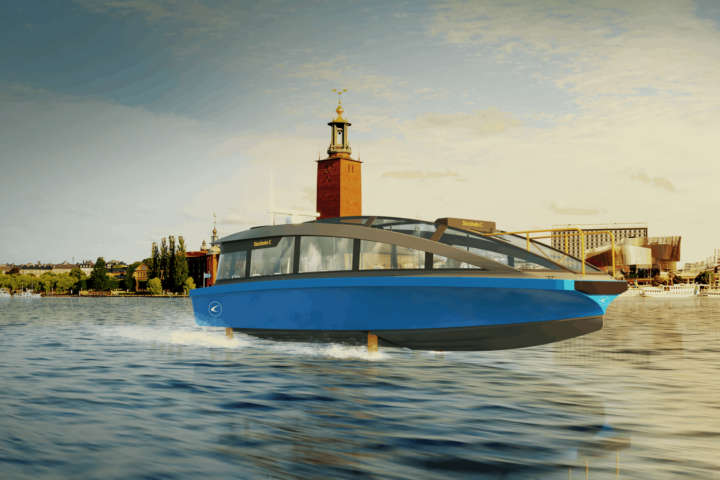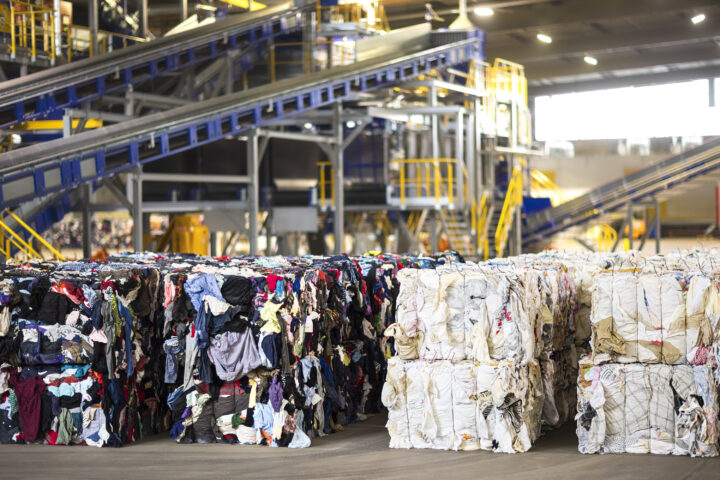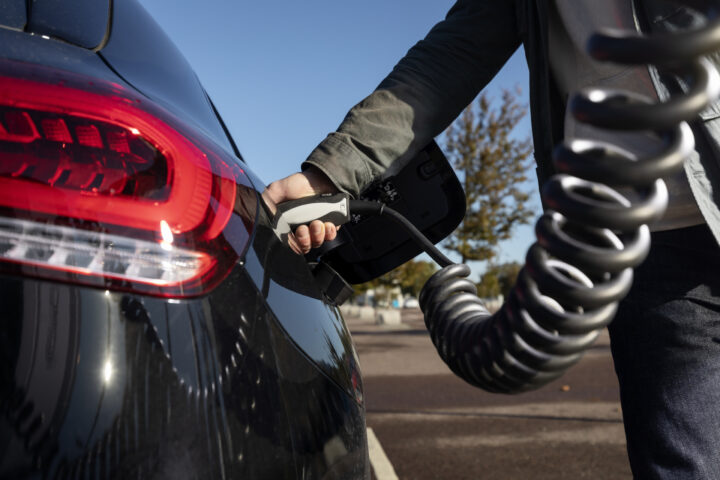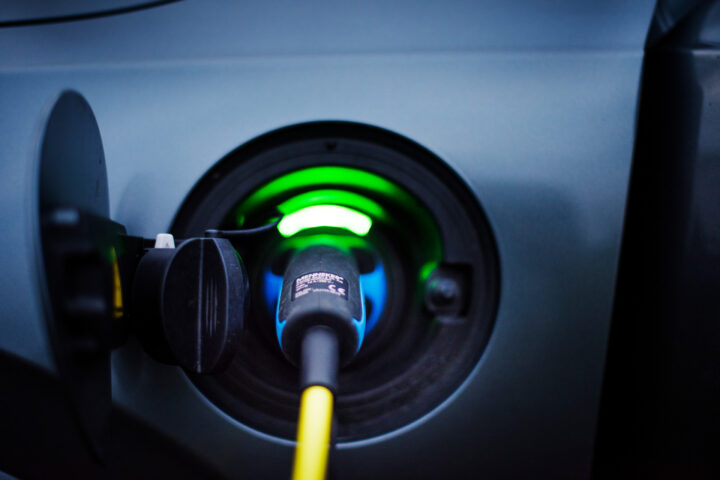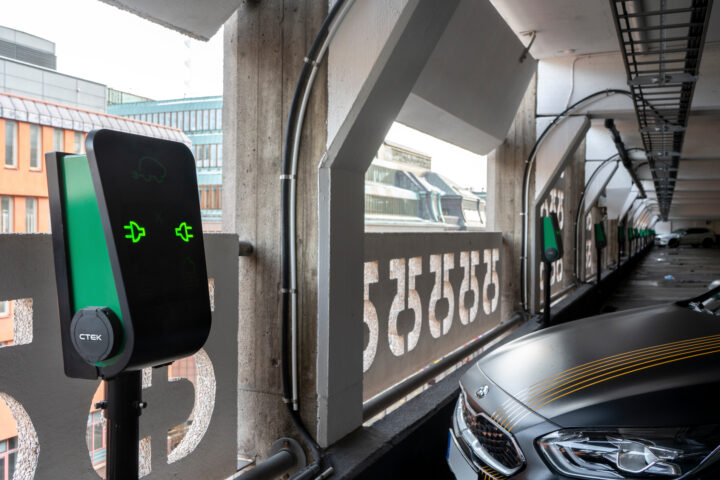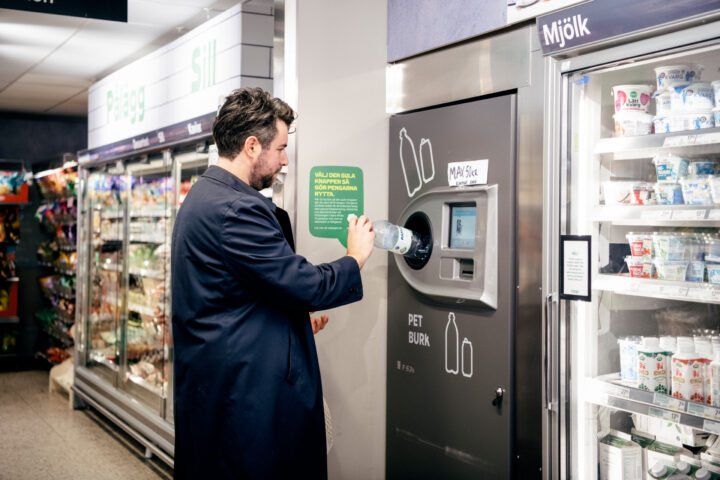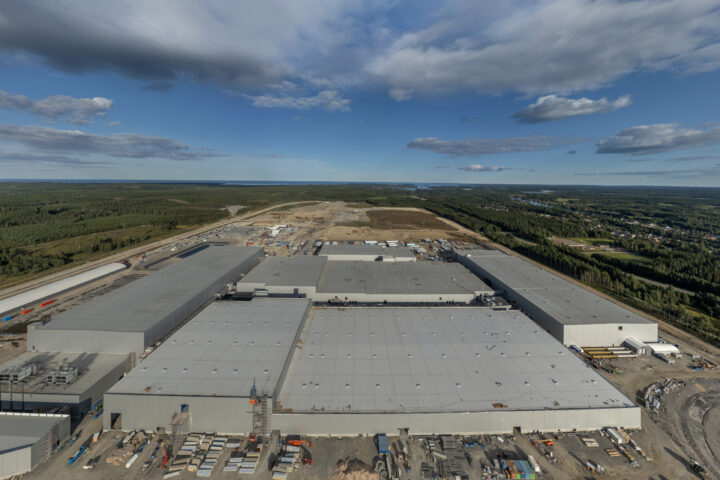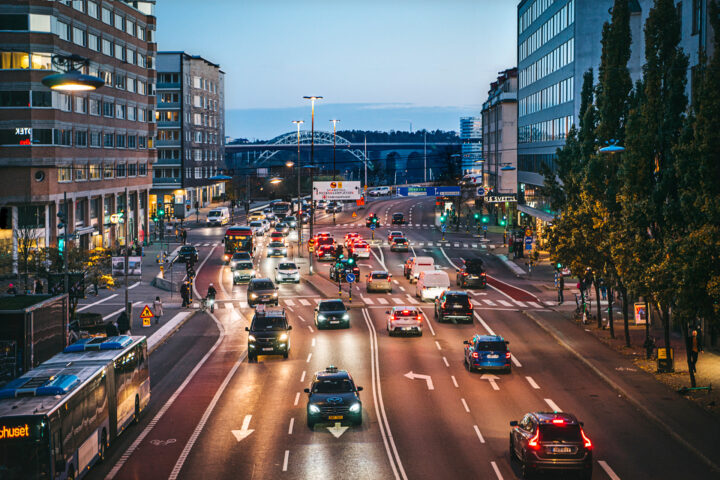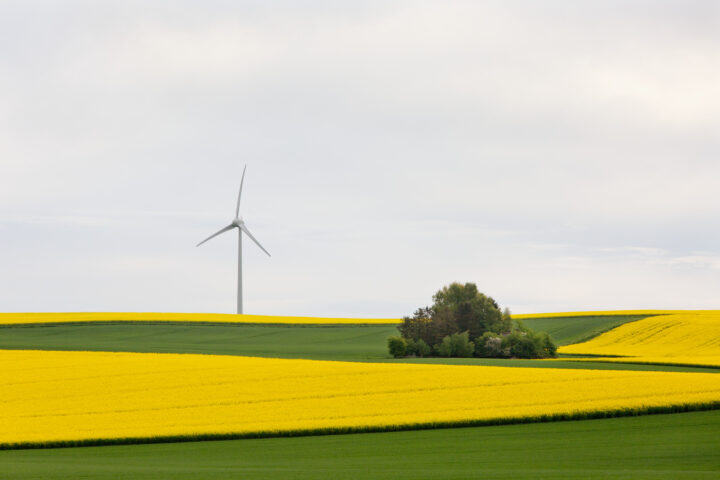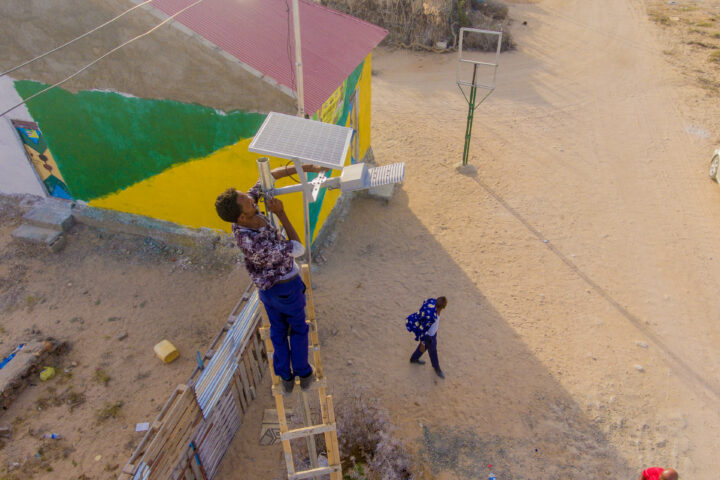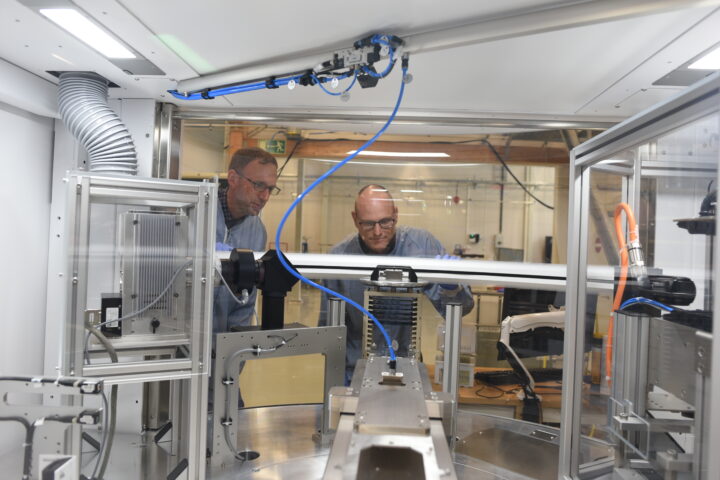Swedish Cleantech News - Page 6 of 15 - Swedish Cleantech
Sustainable Transportation
Candela to launch ‘flying’ passenger speed boat
Next year, the world’s fastest electric ship, the Candela P-12, will be launched in Stockholm. The passenger boat will be 12 meters long, take 30 passengers, and is 500 % more energy-efficient than other ships.
Sustainable Materials
Swedish innovation makes the fashion industry more sustainable
Dyeing, production planning, recycling - Swedish technological innovation can slash environmental impact in the fashion industry by 80 per cent, in some areas by as much as 98 per cent. But for this to happen these innovations must be deployed across the board.
– Now is the moment for the big fashion brands to take responsibility across the entire value chain, says Jonas Larsson from the School of Textiles in Borås.
Sustainable Transportation
Electric cars the number 1 choice for Swedes
During the first four months of 2022, electric cars had the highest share of new cars bought in Sweden. When it comes to the EU, about 10 % of the total sales of new cars in the first quarter of 2022 were battery electric, according to Acea, the European Automobile Manufacturers Association.
Renewable Energy
Absolicon – cleaner energy with the help of the sun
Absolicon is a Swedish solar energy company, specialising in solar thermal energy. The company was founded in 2007 and now, 15 years later, Absolicon has made solar installations worldwide, working with big international customers such as Carlsberg, Colgate-Palmolive and the world expo in Dubai.
Renewable Energy
Sweden invests 552 million Swedish krona in the electricity system of the future
The Swedish Energy Agency’s new research and innovation program ‘The future of energy systems’ has been granted 552 million Swedish krona (€53,6 million). The mission is to find ways to meet challenges connected to increased electrification and the goals of creating a sustainable energy system.
Sustainable Transportation
CTEK – electric charging for sustainable transport
20 years ago, in a village in Sweden, the first battery charger using electronic pulse technology was created. This was the start of CTEK, a company that has grown to become a global market leader in battery management solutions.
Recycling and Waste
New Swedish Solutions that Simplify Recycling
Why are waste bins equipped with e-smart sensor devices beneficial for the environment? And how do you order a carton of milk on your phone? Swedish cleantech companies have the answers to these and other questions. Their technical solutions may be crucial when it comes to maximizing the sorting necessary to transform waste flows into resources under a circular economy.
Sustainable Construction
The Transformation of Swedish Industry Shows the Way to a Greener Future
Swedish industry is in the throes of a giant green transformation, and technical solutions that can reduce greenhouse gas emissions in both Sweden and elsewhere are emerging on a broad front. And this is just the beginning.
Sustainable Transportation
Innovative solutions creates sustainable and smart mobility
The cities of the world are getting bigger, and the increasing number of city dwellers exacerbates the need for transport – worsening an already challenging traffic situation. Swedish technology companies are now evaluating how modern technology can reduce congestion and facilitate intracity mobility for both residents and logistics companies.
Renewable Energy
Sweden has exceeded 50 % renewable energy goal
Sweden’s goal of reaching 50 % renewable energy in 2020 was reached 8 years in advance. In 2020, Sweden reached 60 % renewable energy. Sweden is the EU country with the highest amount of renewable energy, with the average energy consumption for the whole EU being just over 22 %.
Resources and Environment
Swedish sustainable solutions on export
Waste management in Colombia, Energy efficiency in Somaliland and mobility solutions in China – these are just a few examples of projects that have started as a result of Smart City Sweden. The visit platform works to demonstrate sustainable city solutions from Sweden and welcomes delegations from all over the world. The result is over 20 projects on four different continents.
Renewable Energy
Evolar – the next generation solar cells
Solar power is an important part of the transition to clean energy, but the efficiency of conventional silicon-based solar cells has stagnated at around 20 % and the market has become highly commoditized over the last decade. The Swedish startup Evolar’s solution increases the efficiency of solar cells by using an extra solar cell on the inside of the glass.
